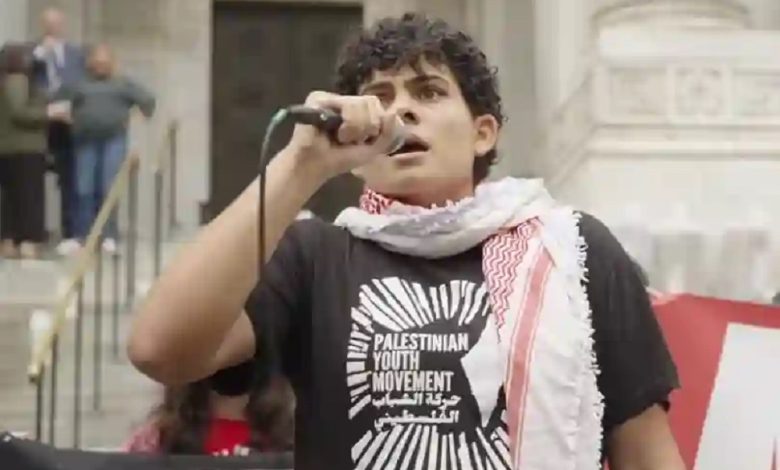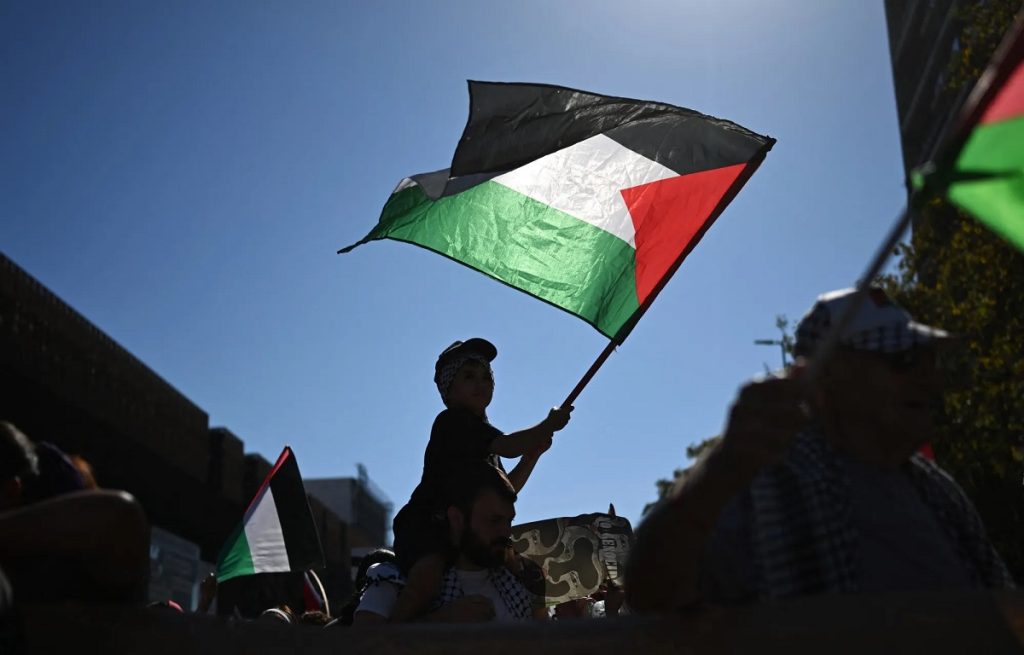Trump Administration Revokes 6,000 Student Visas Amid Allegations of Targeting Pro-Palestinian Voices
Human rights advocates warn of biased U.S. policies as students face detention, legal struggles, and censorship for supporting Palestine.

A senior official at the U.S. Department of State has revealed that the Trump administration revoked more than 6,000 student visas this year—a figure nearly four times higher than the previous year. While some cancellations were tied to criminal violations, a significant portion appears to have targeted students who openly support the Palestinian cause, raising serious concerns among human rights activists and legal experts.
Biased Policies and Due Process Concerns
According to the official, between 200 and 300 visas were revoked over alleged “terrorism-related activities.” Critics argue that this term is applied selectively and broadly, often used to silence or punish pro-Palestinian student activists. In many cases, students have faced detention and interrogation without formal charges, sparking accusations that the U.S. government is undermining due process and weaponizing immigration law to stifle dissent.

Personal Stories of Targeted Students
The human impact of these policies is evident in the cases of students like Rumeysa Öztürk and Mahmoud Khalil.
-
Rumeysa Öztürk, a Turkish PhD student at Tufts University, was detained for six weeks after her visa was canceled. The decision came shortly after she co-authored an op-ed criticizing her university’s response to the Israeli war in Gaza. She was eventually released on legal bail, but her case highlights the risks faced by students who voice political opinions.
-
Mahmoud Khalil, a student at Columbia University and a lawful permanent resident, was arrested by Immigration and Customs Enforcement (ICE) following the revocation of his visa. His attorneys argue that the action was a direct retaliation against his activism and leadership in pro-Palestinian protests. His story underscores both the legal and personal struggles faced by students targeted for their political activity.
New Screening Measures and Their Impact
To reinforce this crackdown, the State Department has introduced new visa screening procedures. U.S. embassies are now instructed to scrutinize applicants for “hostile attitudes toward our citizens, culture, government, institutions, or founding principles.” This includes extensive reviews of social media accounts, where even limited online presence may be flagged as an attempt to conceal political activity.
Critics argue that such policies effectively criminalize political expression and disproportionately affect students from the Middle East, particularly those who support Palestinian rights. As a result, many international students now live in fear, curbing their speech and activism to avoid potential visa revocation.
Broader Implications
This escalation has sparked a wider debate on whether U.S. immigration policies are being weaponized for political ends. For many, these measures symbolize a troubling erosion of academic freedom, free speech, and equal treatment in the United States—principles that American universities claim to uphold.



